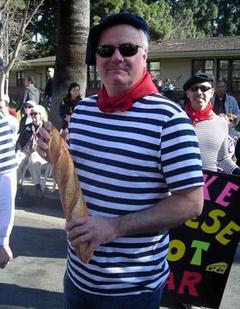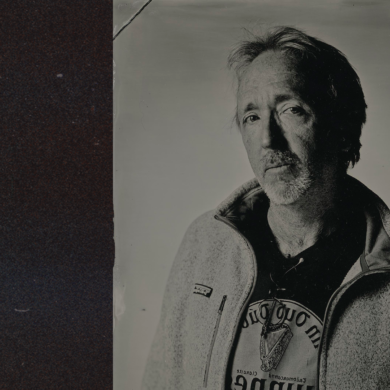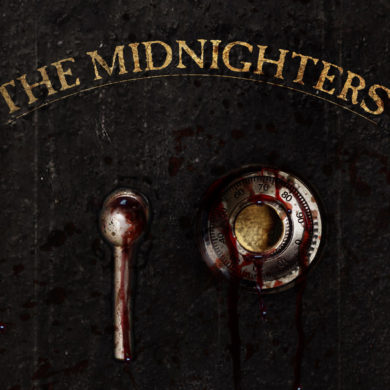Published Date: 09-13-16
By: Bret Hampton
Thirteenth in the series.

When I first started, establishing myself as an editor often meant working for free and accepting any job that came my way. I first edited actors’ demo reels before moving on to commercials, trailers, features and tv. I finally stopped working for free once I learned my craft well enough to charge for it and made a decent living. Eventually I worked my way up to Senior Video Editor at Image Entertainment, an independent video distributor. There, I worked on special features for the original Star Wars trilogy, Toy Story, Mary Poppins, The Sound of Music and others.
While fortunate to have beaten Paul Newman’s odds, young editors face greater challenges establishing themselves in an age of rampant piracy.
Traditionally film school graduates launch their careers working in independent cinema. With this part of the industry suffering due to piracy, up-and-coming editors are paid less. Many of the major studios’ independent art house divisions have shut down as it becomes more difficult to raise money for small and mid-budget movies. Budgets become smaller and filmmakers must find ways to make the same movies for less money, leading to less pay for editors like me.
It also means less money to pay writers, directors, set designers, costume designers, and the hundreds of other professionals who work on a movie set – they’re all careers that take a keen imagination to do well. Creative jobs, including editing don’t pay like they used to. You don’t have to think too hard about the reason why – their capacity to make money will continue to be severely handicapped by piracy.
Piracy not only hurts up-and-coming artists; it hurts established ones like me. Many independent filmmakers offer less money for jobs that used to pay very well. For most of Hollywood’s existence, the editing rooms I worked in cost hundreds of thousands of dollars to build and using them to their full potential required a vast education. And because of the sophistication inherent in the process, it was better to pay more for an experienced editor. Now, the money simply isn’t there to pay people with experience – so if producers can get a film off the ground at all, they have to try to cut corners.
Unfortunately the future isn’t looking very bright. Piracy continues growing and creativity continues to be devalued. If Paul Newman were to say the same thing at a film school today it’d be no exaggeration – and if anything, an understatement.



